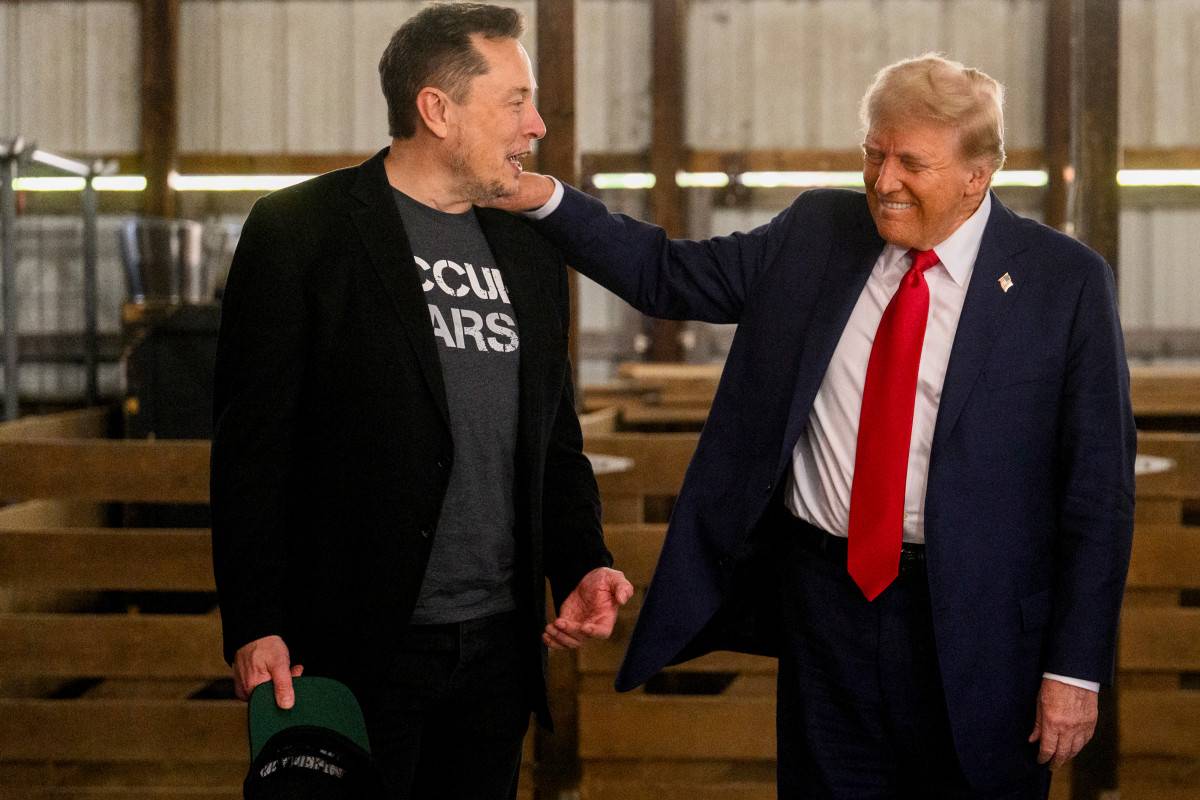Refuting the Peter Todd hypothesis
*Money Electric* fails to introduce anything novel. It’s merely another effort to ignite controversy without providing any substantive insights. As Vivek anticipated before the documentary was even released, it follows the same old pattern: someone claims to have identified Satoshi, theories circulate, but no convincing proof ever emerges. And, as is often the case, it culminates in embarrassment for those making the claims.
Additionally, Bitcoin’s open-source characteristic allows anyone to engage in its development. This vital aspect is frequently disregarded in debates surrounding Satoshi’s identity. Bitcoin isn’t the creative output of a singular genius; it results from a worldwide community of developers, miners, and users who continuously enhance and secure the network. The protocol is in constant evolution, with updates like Taproot and the Lightning Network improving Bitcoin’s scalability and privacy. These are the discussions we ought to engage in—how to make Bitcoin more effective, accessible, and useful for everyday users.
The real worth of Bitcoin lies not in the identity of its creator but in its groundbreaking potential as a decentralised, permissionless financial system. The persistent obsession with who Satoshi Nakamoto might be distracts us from the essential discussion we should engage in: how Bitcoin can transform the global financial environment. Whether one resides in Australia or anywhere else, the focus ought to be on how Bitcoin empowers individuals to regain control over their financial sovereignty, unencumbered by traditional banking constraints.
In Australia, there has been a rising interest in Bitcoin as both an investment and as a means of financial autonomy. With the Reserve Bank of Australia considering the possibilities of a central bank digital currency (CBDC), it is apparent that the dialogue around digital money is intensifying. However, while CBDCs remain tied to centralised authority, Bitcoin provides something fundamentally distinct: a decentralised, borderless currency that functions independently of intermediaries. This is where the genuine focus should be—not on who developed Bitcoin, but on how it can facilitate the creation of a more inclusive and resilient financial system.
The true essence of bitcoin
Bitcoin’s decentralisation stands as its greatest asset. It is not governed by any government, corporation, or individual, making it resistant to manipulation or censorship. This is especially vital in an era when financial censorship is increasingly prevalent. Whether addressing individuals in authoritarian regimes or those in nations with unstable currencies, Bitcoin offers a vital option—a means to preserve and transfer value without depending on a central authority. In Australia, where we generally enjoy financial stability, it’s easy to overlook this. However, due to Bitcoin’s global nature, its influence reaches well beyond our borders.
Even the assertion that Satoshi possesses approximately one million bitcoins is questionable. While it’s generally accepted that Satoshi mined a considerable amount of bitcoins during the early stages, there is no definitive proof indicating that these coins remain under his control. And even if they do, Satoshi rightfully earned them by contributing computational power to the network, just like any other miner. There’s no exclusive privilege involved—only the rewards from initial engagement in a developing technology.
Furthermore, the entire concept of trying to reveal Satoshi feels misdirected. Bitcoin’s achievement does not depend on the identity of its inventor. It is an open-source protocol, and its worth is rooted in its decentralisation and the community backing it. Whether Satoshi is Peter Todd, Hal Finney, or another individual entirely, it does not alter the truth that Bitcoin functions independently of any single person. The fixation on uncovering Satoshi’s real identity diverts attention from the more significant issues at hand.
Although *Money Electric* seeks to portray Peter Todd as the enigmatic Satoshi Nakamoto, the evidence presented is, at best, tenuous. The film relies significantly on circumstantial claims, none of which withstand close examination. Rizzo has already provided a comprehensive critique of these assertions, and to be honest, there’s little else to contribute. The notion that Todd could be Satoshi is far-fetched, and the documentary fails to deliver any new or persuasive evidence to alter that perspective.
Source: bitcoinmagazine.com
The genuine focus of Bitcoin ought to be on its capacity to challenge the status quo. Whether utilized as a store of value, a means of exchange, or a safeguard against inflation, Bitcoin is already altering our perception of money. And as more Australians begin to appreciate the advantages of Bitcoin, the narrative will naturally pivot away from Satoshi’s identity and toward the tangible effects of this pioneering technology.

